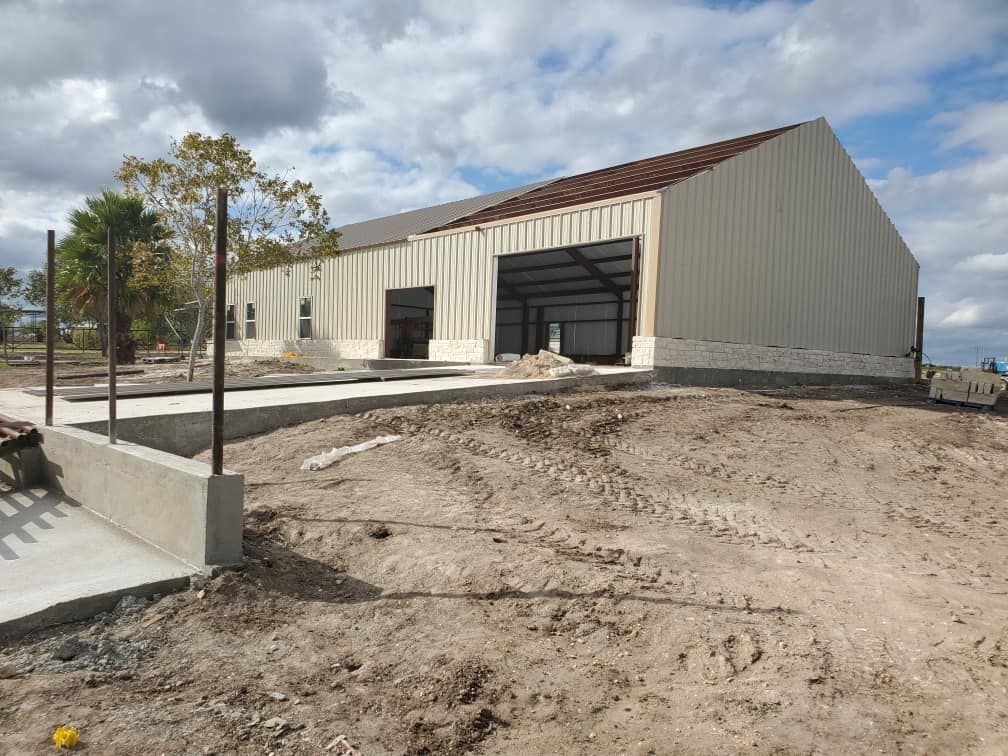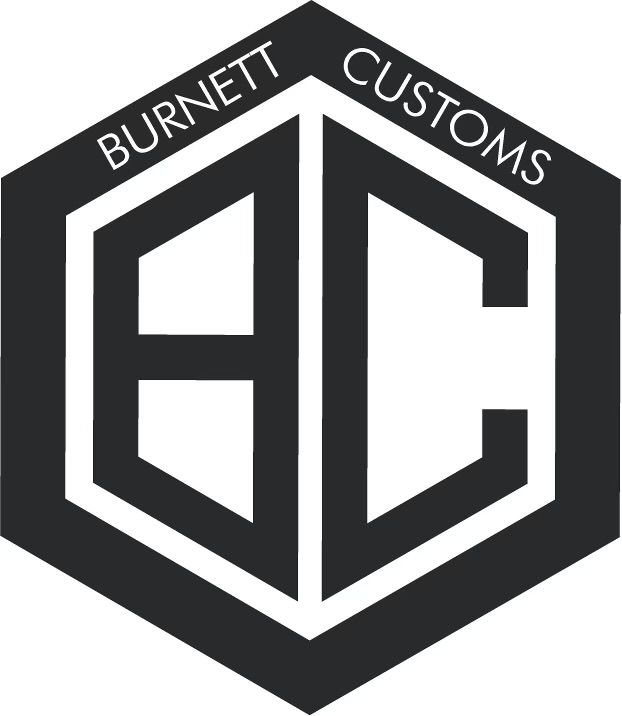COMMERCIAL CONSTRUCTION TEXAS
Contact Us
We will get back to you as soon as possible.
Please try again later.

The commercial construction process begins with the conceptualization and planning phase, where the client's needs, objectives, and budget are established. Once the project parameters are defined, architects and engineers develop detailed plans and specifications that meet the client's requirements and comply with building codes and regulations.
With the design finalized, the project moves into the pre-construction phase, where contractors prepare cost estimates, procure materials and equipment, and develop construction schedules. This phase also involves obtaining necessary permits and coordinating with utility companies for site services.
Once all preparations are complete, the construction phase begins. This typically starts with site preparation, including excavation, grading, and utility installation. Then, the building's foundation is laid, followed by the erection of structural components, such as steel frames, concrete walls, and roof systems. Then flooring, walls, ceilings, doors, windows, and façade treatments, mechanical, electrical, plumbing, and HVAC.
During the construction process, project managers oversee the work, ensuring quality control, safety compliance, and adherence to budget and schedule. Regular inspections address any issues or changes that may arise. Once construction is complete, the building undergoes final inspections to ensure compliance with building codes and regulations.
The commercial construction process begins with the conceptualization and planning phase, where the client's needs, objectives, and budget are established. Once the project parameters are defined, architects and engineers develop detailed plans and specifications that meet the client's requirements and comply with building codes and regulations.
With the design finalized, the project moves into the pre-construction phase, where contractors prepare cost estimates, procure materials and equipment, and develop construction schedules. This phase also involves obtaining necessary permits and coordinating with utility companies for site services.
With the design finalized, the project moves into the pre-construction phase, where contractors prepare cost estimates, procure materials and equipment, and develop construction schedules. This phase also involves obtaining necessary permits and coordinating with utility companies for site services.
Once all preparations are complete, the construction phase begins. This typically starts with site preparation, including excavation, grading, and utility installation. Then, the building's foundation is laid, followed by the erection of structural components, such as steel frames, concrete walls, and roof systems. Then flooring, walls, ceilings, doors, windows, and façade treatments, mechanical, electrical, plumbing, and HVAC.
During the construction process, project managers oversee the work, ensuring quality control, safety compliance, and adherence to budget and schedule. Regular inspections address any issues or changes that may arise. Once construction is complete, the building undergoes final inspections to ensure compliance with building codes and regulations.
During the construction process, project managers oversee the work, ensuring quality control, safety compliance, and adherence to budget and schedule. Regular inspections address any issues or changes that may arise. Once construction is complete, the building undergoes final inspections to ensure compliance with building codes and regulations.
| Burnett Customs LLC
